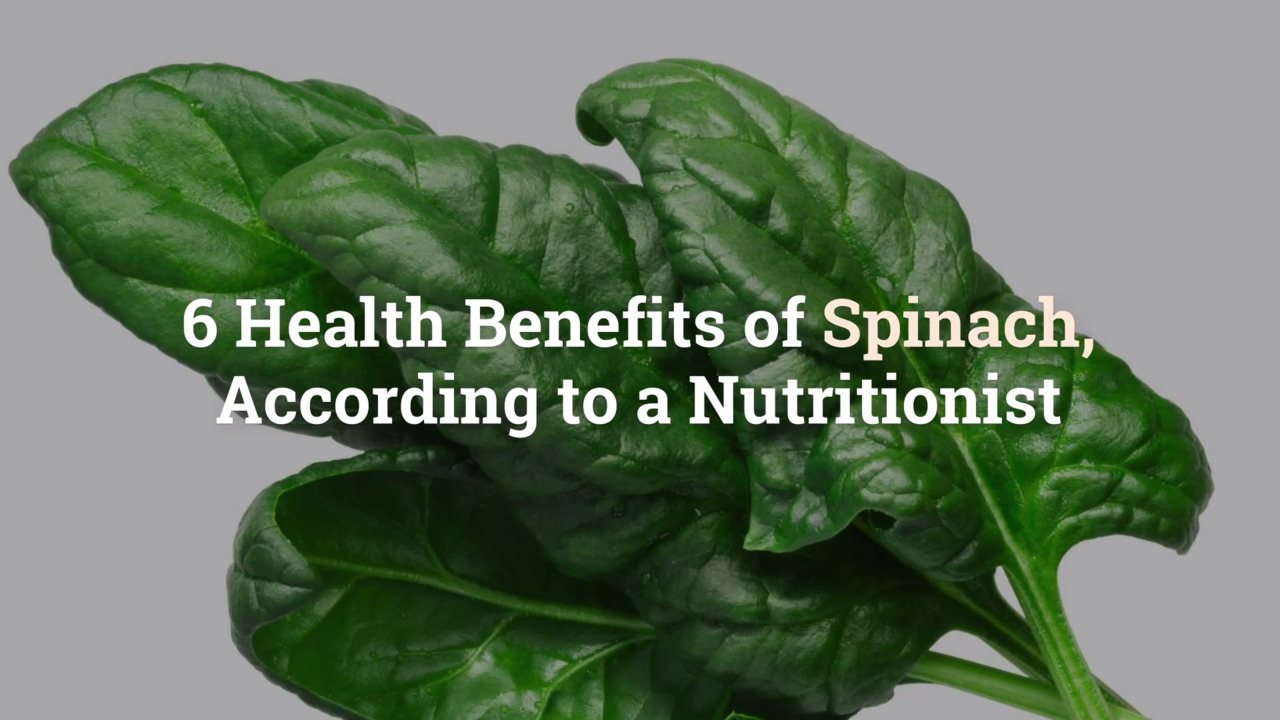Table of Contents
Green Leafy Vegetables Have a Lot of Muscle Benefits

Green leafy vegetables are packed with vitamins, minerals, and B-vitamins. They are also high in fiber and help to lower the risk of constipation, obesity, and heart disease. In fact, leafy greens are one of the healthiest vegetables you can eat.
Beta-carotene
Beta-carotene is a powerful antioxidant that can be found in green leafy vegetables. This vitamin also has a variety of other health benefits. Those who eat more fruits and vegetables have a higher level of beta-carotene in their bodies.
It can improve brain function and reduce the risk of Alzheimer’s disease. Higher blood levels of beta-carotene are associated with a decreased risk of developing cataracts. In addition, a study in 29 patients with retinitis pigmentosa found that a beta-carotene supplement improved the retinal function. Other studies have linked higher beta-carotene intake with reduced risk of cardiovascular disease and diabetes.
Vitamin K
One of the best sources of vitamin K is green leafy vegetables. Other sources include soybean oil, rapeseed oil, and peanut oil. Foods that are low in vitamin K include meat, dairy, and fish. MKs are also found in milk and animal livers.
The most nutritious leafy vegetables are kale and spinach. These contain fibre, protein, and omega-3 fatty acids. They also contain 50% of the recommended daily allowance of vitamin K. In fact, a single cup of raw spinach has 817 mcg of vitamin K1. Kale is also easy to add to salads, smoothies, and other dishes. It is an incredible powerhouse of nutrients.
Fiber
Consuming plenty of fiber-rich green leafy vegetables is important for a healthy diet. They are packed with vitamins and minerals and contain little calories. The nutrients found in these vegetables may protect you from diseases and improve your eyesight. They also help you lose weight. Some studies suggest that eating a diet rich in leafy greens can also help you live longer.
The fiber in green leafy vegetables is highly beneficial for the digestive system. You should aim to consume 25 to 38 grams of fiber per day. Eating these vegetables in their whole form will help you get your recommended daily amount of fiber.
Bone health
Leafy green vegetables contain a variety of nutrients that support bone health. They contain calcium, vitamin K, and magnesium. These nutrients help build healthy bones, and they also help prevent osteoporosis. A diet lacking in these nutrients can lead to brittle bones and osteoporosis.
Pain O Soma 350 Mg And Prosoma 500 Mg relaxes muscles. Carisoprodol causes muscle relaxation.
Researchers have found that increased vegetable intake is associated with lower risk of fractures. However, the precise mechanisms involved are still unknown. However, the presence of phytochemicals in green leafy vegetables may play a role.
Gut health
Green leafy vegetables contain a variety of nutrients and fiber, and they are especially important for gut health. They also contain a specific type of sugar that fuels the growth of healthy bacteria in the gut. In fact, eating green leafy vegetables can help to create an ideal gut microbiome, which consists of trillions of microbes.
These bacteria feed on an unusual sugar called sulfo-quinovose, which is found in leafy green vegetables. In fact, leafy greens contain enough sulfo-quino-vose to supply all the bacteria in the human digestive tract. This sugar is broken down by bacteria as a source of sulfur and carbon.
Cancer prevention
Green leafy vegetables are full of antioxidants and other beneficial compounds. Eating a small amount of them every day can reduce your risk of many kinds of cancer. For example, eating two to three servings of green leafy vegetables per week can help prevent stomach, prostate, and breast cancer. In addition, they can reduce the risk of heart disease.
Consuming seven or more serves of whole grains per day has also been shown to reduce the risk of some types of cancer. The best types of grains for cancer prevention are those that aren’t over-processed. These include oats, brown rice, corn, and rye. Consuming beans and lentils can also help reduce your risk of stomach cancer. Also, avoiding refined sugar may help prevent stomach cancer.













